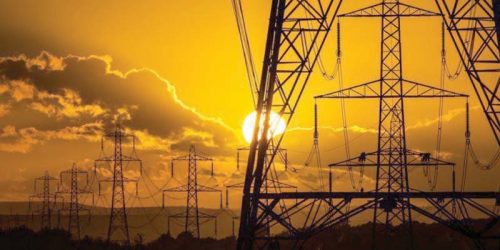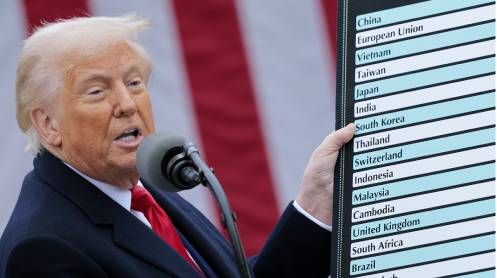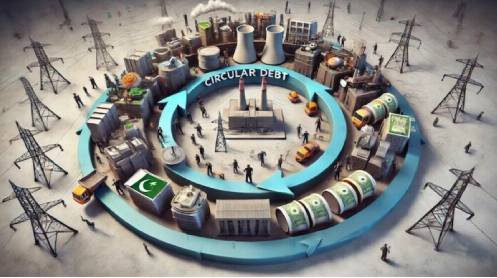Approval of the much-delayed refining policy has now been linked with deregulation, with a top government official seeking input from local refineries for deregulation, which could also mean uneven POL prices across Pakistan.
A top government official said that it was high time to deregulate the whole oil and gas sector, including refineries. The deregulation could be in full or done in phases.
The official said that the “irritatingly long delay” in the approval of the new refining policy was a major hurdle in upgrading existing refineries and setting up new ones.
The draft refining policy remained unresolved for the last two years, but with the current coalition government taking charge in April 2022, the process to deregulate not only the whole oil and gas sector but also the refining sector has kick started, the official said.
To achieve that end, the government has tasked the Oil and Gas Regulatory Authority (OGRA) to arrange a consultative meetings between refineries, oil marketing companies, Oil Companies Advisory Council (OCAC), and Oil Marketing Association of Pakistan (OMAP). After the brainstorming sessions, OGRA would finalise the terms of reference for the government’s consideration on how to advance the deregulation of the oil and gas sector.
Under the new scenario, oil marketing companies (OMCs), OCAC and OMAP met on Tuesday in the OGRA office in Islamabad for the consultative session. However, refineries would take part in the consultative session on September 12.
Experts said that the upgrade plans of refineries worth $4-5 billion, along with $8-10 billion investment in greenfield projects were delayed on account of delay in the approval of the new refining policy.
The policy draft saw many ups and downs in these two years, the latest being the current government’s pegging of deregulation with the policy.
It was learned that top functionaries of five local refineries – Pak-Arab Refinery, National Refinery, Attock Refinery, Cnergyico, and Pakistan Refinery would meet up at the OGRA office on September 12 with inputs for deregulation of the sector. The government wants to deregulate the price of petrol and diesel and the margins of OMCs and dealers.
Under the deregulated regime, POL prices would vary from city to city. Currently, the government was keeping POL prices uniform across the country through the Inland Freight Equalization Margin (IFEM).
Under the deregulated regime, POL prices would differ based on how far an area was from the port and a refinery. This might trigger a situation that would not be in favour of the government. It remains to be seen how this coalition government would tackle the difference in prices on the political front.





